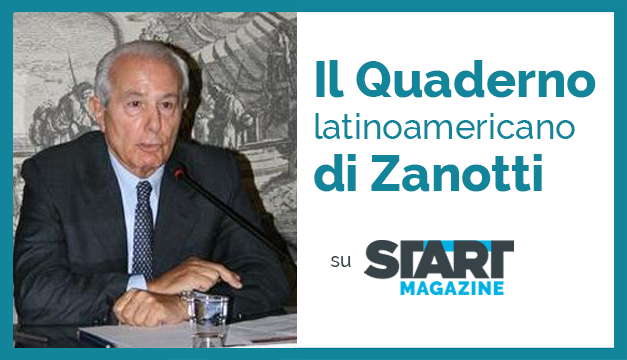I’ll tell you what happened in Bolivia

In Bolivia, the elections defeated the coup d'état one year ago: it is the first time in South America. A surprise that does not solve all the unknowns of the country and the subcontinent. The in-depth study by Livio Zanotti, author of the “ ildiavolononmuoremai.it ”.
They say there is always a first time . For South America, confirmation comes from Bolivia, the richest country in the subcontinent's mineral resources. Yesterday's electronic voting elections on Sunday 18 canceled last November's coup. Janine Añez, who a little less than a year ago had proclaimed herself Provisional President with the tacit consent of the Armed Forces, set aside the suspicious but inevitable slowness of the official and manual verification, publicly acknowledging the victory of the candidate of the Movement for Socialism ( MAS), Luis Arce, former minister of the economy of the president forced into exile, Evo Morales , symbolic winner of the consultation and destined as soon as possible to return a political protagonist in the Andean country.
An in-depth examination of the vote will be possible when the disaggregated data, flows and regional distribution are available with formal confirmation. But the result that he attributes to the formula of the MAS – Luis Arce and David Choquehuanca (a mestizo and an Aymara Indian) – about 53 per cent of the votes of a very wide participation, irrefutably testifies to the popular roots of Evo Morales' political action . That despite his self-defeating narcissism (which led him to force the Constitution to obtain permission for a third candidacy from a referendum), it was even strengthened by the consultation intended to undermine its credibility and authority. Instead, it shows deep weaknesses and contradictions among its opponents, divided by personal and regionalist rivalries.
Carlos Mesa, an experienced and qualified center-right politician, former head of state (2003-2005), therefore the most formidable competitor for Arce, acknowledged in turn the victory of the MAS. Many elements suggest that it was left to its fate by a part of the opposition, perhaps the most radical, historically an expression of the local interests of the provinces linked to mining exports, to the point of having even played the card in some moments of violent secession. There was a further suspicion of this when not long before the election Janine Añez, who had run for office after promising not to, suddenly announced her retirement without reasonable explanation. An evident and premonitory sign of the internal fractures at the front that 10 months ago had forced Morales to take refuge abroad.
The result itself is no surprise. Morales and his party were known to retain the majority of opinions in the country. The top and numerous refugee leaders in Argentina, while avoiding but without denying criticism of certain decisions of Morales and of the internal democracy of the Movement, reiterated it with an emphasis that, if not necessarily convincing, sounded completely sincere. The fears were all about the possibility of this majority to express themselves more or less freely in the polls. It was perplexing that after chasing Evo Morales out the window, the coup leaders would allow him to re-enter the door. Something was not well reasoned before and not even after: something inside the logic of big interests in Bolivia and some other outside, in Washington, between the Organization of American States ( OSA ) and the State Department.
Barring unforeseen events that no one seems to think of, Arce and his party will soon form the new government of La Paz, which everyone expects in terms of composition and programs not very different from the one overthrown last November. With greater interest than ever, the question is therefore what was the rationale for the coup d'état, which touched upon the mass tragedy without however avoiding either blood or grief, to find itself at the starting point. Perhaps more solid than expected, the bulwark of the republican and democratic order in Bolivia was beyond any doubt the popular block built by MAS and Morales. It was his compactness and determination that held back those who would have liked to push the open constitutional rupture to its extreme consequences. But no less decisive weight was exercised by the Armed Forces, whose internal balance did not allow it to go beyond the risk of civil war.
This is a machine translation from Italian language of a post published on Start Magazine at the URL https://www.startmag.it/mondo/vi-racconto-che-cosa-e-successo-in-bolivia/ on Tue, 20 Oct 2020 07:46:26 +0000.
